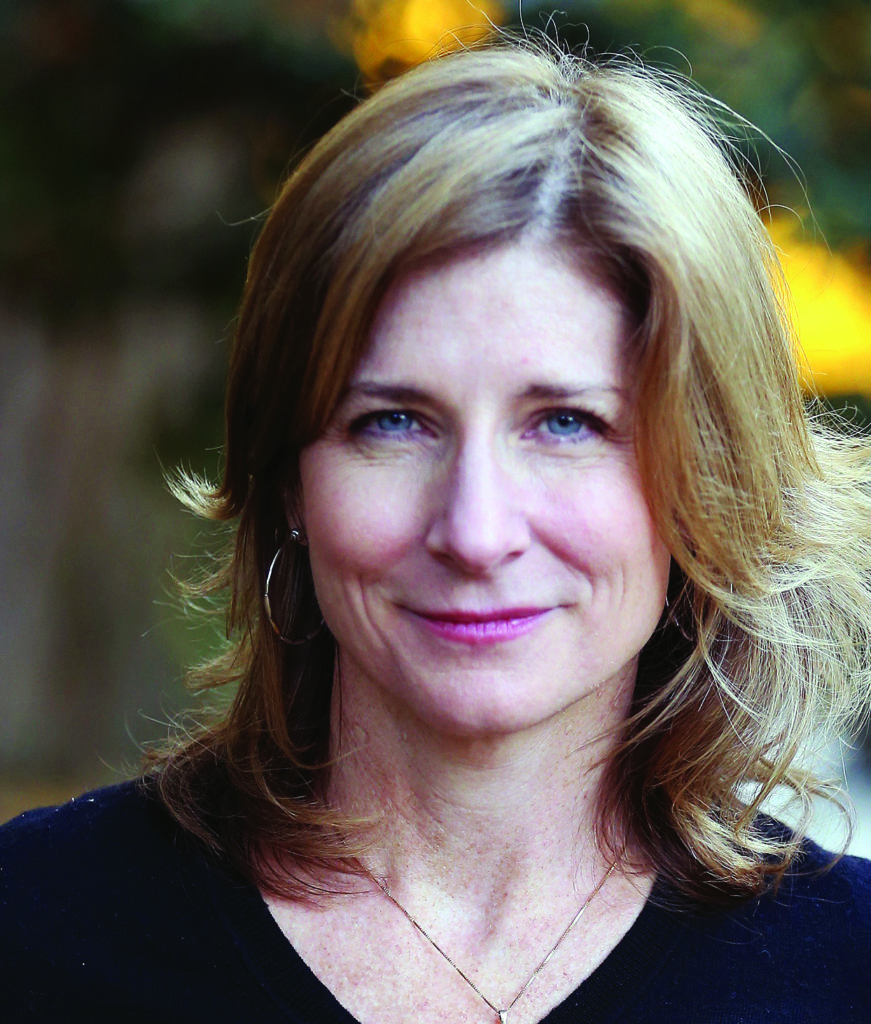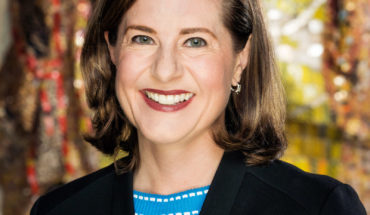The managing director at Rex Health Ventures shares how she got started — and what’s next.
As told to Ayn-Monique Klahre
This September, WALTER will host its annual WINnovation summit, which focuses on women in leadership roles. One of our speakers will be Anita Watkins, the managing director at Rex Health Ventures. After spending the first half of her career working in public policy and legislative affairs, she shifted her focus to helping fund early-stage companies in the health care field. Here, we learn a little bit about how she got started — and what keeps her going.
What was your first job, and what did you learn there?
My first jobs were the typical babysitting, mowing grass, paper routes… But my first real job with a W2 was bagging groceries at a Harris Teeter. There, I learned how important it was to work hard and to be kind and professional to everyone. Case in point: I wanted a job at a record store down the street, but I wasn’t old enough. The day I turned 16, I went over and applied — and got the job! The manager told me that normally he wouldn’t hire a fresh 16-year-old, but he’d been through my grocery line numerous times and appreciated how hard I worked and how I treated the customers. That was a big “aha” at that age — to always be professional, because you never know how it might make people feel. I’ve often reflected upon that, that in any professional setting, you never know who’s going to be seated next to you at the table, who’s going to open the door to the next opportunity.
I have teenage boys and I just told them that the other day, every opportunity I’ve had has benefitted from always working hard and being professional.
Tell me a little about your work history….
I finished high school and had some restaurant jobs. But the next substantive thing I did, that changed my trajectory, was apply for an internship with the North Carolina Legislature. I was working for the president pro tempore, and it was a small team, so I had the opportunity to do real and impactful work. I already had plans to go to law school after college, but that solidified the direction I wanted to go. I worked in legislative affairs and public policy for almost 20 years. There, too, that lesson followed me — the person opposing you today on a piece of legislation might be your partner tomorrow! I had substantive roles in legislative affairs and government affairs. I loved each of those for different reasons. But eventually I had the opportunity to go to Rex Health Ventures.
How did you feel about switching careers?
I was terrified! I didn’t know much about health care, I didn’t know much about venture investments. I was walking into something where I knew I had so much to learn and it felt daunting. I learned a lot about what stress and anxiety can do to you! But even with the stress so many other great things came out of it.
When I first started, I sought a lot of advice from mentors, I channeled my concerns about a career switch into a mantra of “what can I do here to really seize this opportunity?” I became a student again and started massively networking, calling every fund like ours in the country to get to know them and learn best practices while I focused on the skill sets I already had that were important to this industry. Now, it’s been 10 years and I can’t imagine not having made this decision, because I love what I do.
What do you love about your job?
It’s amazing to be at a job where you get to help improve patient outcomes, help companies grow and succeed, bring new technologies to market, and create jobs— so often the money we’re providing goes straight to hiring new talent. Like any job, the work can be hard or tedious at some times, but at the end of the day, what I get to do is amazing. And I found that it’s not that dissimilar from government affairs. Every piece of legislation is intended to solve a problem, just like every startup is trying to solve for a challenge. It’s fascinating to see what people come up with, and every week I get to know three to four new companies, to meet new people, to see new technology — new devices, a new drug, new systems. It’s a really interesting way to spend your day.
What are you most looking forward to, moving forward?
The way I see it, I’ve got another 15 years to work full time, so I’ve been really focused on how I curate the remainder of my career by focusing on what’s the highest priority for me and where I can have the biggest impact. I recently was awarded an Eisenhower Fellowship, where I spent time in Chile and Spain focused on how to better support female entrepreneurs. Right now, less than 3% of venture capital funding goes to female entrepreneurs — but half of companies are started by women. Studies have shown that women seek funding differently from men, but also that women are asked different questions when they seek funding; there’s an unconscious bias. How do we train up the decision-makers to be aware of this? How do we highlight the data that more diversity leads to better outcomes? How do we train the women entrepreneurs to be more successful at fund raising? This is an ‘all boats rise’ situation.
I’ve also learned that I’m passionate in the post-investment stage of venture capital, serving on the boards of companies, getting under the hood of these companies to find out what challenges they have, and what resources we have to support them. Now we’ve invested, how can we help them grow and scale? I love my board roles and will seek to expand that work over the next few years.
This interview has been lightly edited and condensed for clarity.
This was originally published on waltermagazine.com on August 5, 2022.





